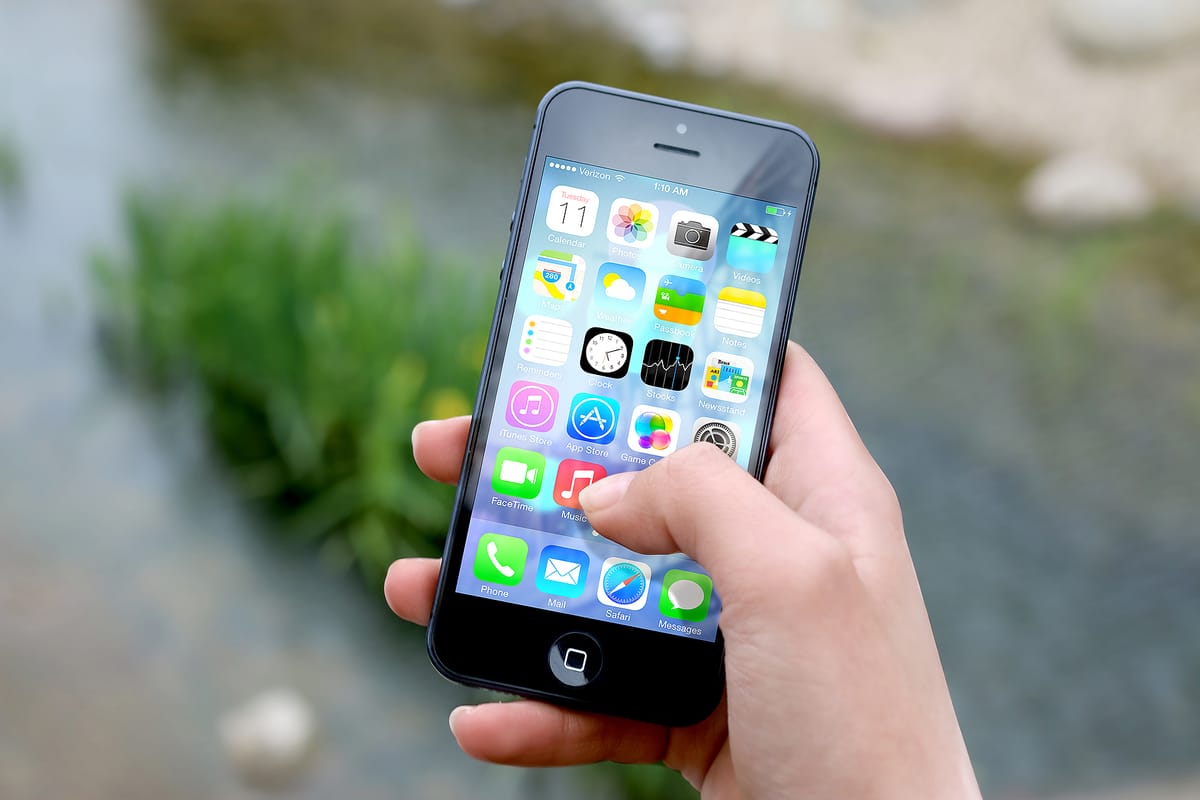Getting Started with: iOS

Apple’s iOS and the devices it accompanies are hugely important in the mobile market. Though its market share is more limited than its rival, Android, Apple’s platform is often more profitable. Most people should be familiar with at least one of Apple’s iOS products but today we will attempt to explore the platform and explain some of its concepts while hopefully solving any misconceptions.
What is iOS?
iOS is Apple’s own mobile operating system. It is used in iPhones, iPads, and the iPod Touch. It is developed in-house by Apple who is also its sole distributor as it has been designed exclusively for its own hardware. Since being unveiled alongside the original iPhone in 2007, iOS has had a tremendous influence in the mobile market. It was the first mobile OS to focus entirely on user input through the finger with tapping and swiping. Today, it is the second most popular mobile OS globally by sales.
The latest version as of this writing is iOS 10.1.1. Originally, it was called the iPhone OS but was rebranded by Apple in 2010. The latest versions of the OS are usually available for hardware going a couple of generations back. For instance, iOS 10 is available for the iPhone 5, 4th generation iPad, 6th generation iPod Touch, and most other devices later than those such as the iPad Pro.
Apple’s ecosystem approach to iOS
Though smartphones and mobile operating systems are becoming increasingly more similar these days, there are still some very important differences between them. With iOS, Apple decided to go with a walled-garden approach. Because iOS is developed by Apple for the company’s own products, it looks the same across the board. In addition to that, it operates on a very similar level across all available devices though there are some features that can only be accessed by the latest hardware. Third-party developers are more than welcome to release software for iOS and there are more than two million apps on the App Store. Without delving too much into the many complex reasons behind it, Apple’s App Store has also consistently generated more revenue for developers than Google’s Play Store.
Another important thing to note is that Apple has aimed to create an ecosystem around its products. For instance, iOS and macOS work great together. The so-called ‘Continuity’ features of Apple’s devices allow users to easily share files between devices, start work on their iPhones and seamlessly continue on their Macs, and more. While there are fewer options for customization and going off script, Apple’s approach has ensured that the operating system can work nearly flawlessly.
Why should you choose an iOS device?
The most important argument that I would make for anyone interested in owning an iOS device has to do with how well the OS actually performs. Due to the fact that Apple retains complete control over both its software and hardware, its quality assurance is virtually unparalleled. When you get an iPhone, you will know exactly how it operates because all the other iPhones work in the exact same way. Each app that you download will have been specifically developed and designed for your phone and it will look great and perform well every single time.
In addition to all that, app developers love iOS users. Updates to most apps arrive on a very frequent basis and the operating system often receives features faster than Android in the same apps though this trend has been slowly changing in the last couple of years. The App Store has everything that you could possibly need while Apple has also made considerable efforts to offer its own services for every task, including music streaming.
If you like iOS and the associated hardware but do not agree with Apple’s approach, you might still be able to enjoy it. A process called ‘jailbreaking’ allows users to lift software restrictions from iOS. Jailbroken devices can run additional software and tweaks that can completely transform the way a device operates. Jailbreaking is generally a safe process but it is not condoned by Apple, will most likely void your warranty, and is not always as safe as the official system. Going more in-depth would be beyond the scope of this particular article but feel free to drop a comment down below if you have more questions on jailbreaking as well as its benefits and disadvantages.
What are the drawbacks of iOS?
Like its rival, the biggest benefits of iOS can also be considered as its biggest drawbacks. The closed ecosystem is an appealing choice for some but a very restricting one for others. Price is also a major contesting point here. One could argue that the latest iPhones are within the same price ranges as the latest Android flagships, of course. With that said, apps are also differently priced here because there are far fewer ad-supported ones than in Android.
Is it hard to use iOS?
Any way you look at it, the answer to this question is a resounding no. Apple’s iOS is designed with an intensely user-friendly approach in mind. Everyone and anyone can learn to use it extremely quickly. The fact that it operates the same in every iPhone also makes it extremely easy to find answers to your questions and concerns as well as helpful suggestions by existing users.
Closing remarks
Those who are after a polished experience will really appreciate what iOS has to offer. The user-friendly interface makes every device incredibly easy to use. Performance is typically smooth and support for the latest hardware is always fantastic. If you want a phone or a tablet that just works for you then you cannot really go wrong with iOS.



